For the second time in the history of the AIDS crisis, doctors have reported a patient to be in “long-term remission” from HIV infection, or in simpler terms, “cured”. This case, published Tuesday in Nature by a research team led by scientists from University College London and Imperial College London, is the first reported success among many attempts to repeat results from another case twelve years ago.
The patient, nicknamed the “London patient” to protect his privacy, was diagnosed with HIV in 2003, for which he took antiretroviral medication. In 2012, he discovered he had Hodgkin’s lymphoma and underwent a treatment regimen that included both chemotherapy and, in 2016, a haematopoetic stem cell transplant from a donor with two mutated copies of the CCR5 Δ32 allele. The HIV virus uses the CCR5 cell receptor to enter and infect white blood cells. People who do not have normal versions of this receptor can be naturally immune to HIV. Sixteen months after the transplant, the research team asked the London patient to stop taking his antiretroviral medication so they could see whether he had become immune as well. Eighteen months after that, they found his HIV load to be functionally undetectable and declared him to be in long-term remission.
According to the study, the mild graft-vs-host reaction the London patient sustained after the transplant may have helped the chemotherapy kill the patient’s own HIV-susceptible white blood cells, and then the donor tissue replaced them with HIV-resistant cells that any virus remaining in the patient’s body could not reinfect.
A similar phenomenon was reported twelve years ago, in Timothy Ray Brown, then nicknamed the Berlin patient, who had leukemia. Brown underwent two stem cell transplant from a naturally CCR5-deficient donor with a brief relapse in between, and he also took radiotherapy, which killed his infected white blood cells. The London patient did not undergo radiotherapy, and has had only one transplant. There have been several attempts to repeat these results in other patients, but the London patient is the first reported success.
“The treatment we used was different from that used on the Berlin Patient, because it did not involve radiotherapy. Its effectiveness underlines the importance of developing new strategies based on preventing CCR5 expression,” says study co-author Ian Gabriel.
“At the moment the only way to treat HIV is with medications that suppress the virus, which people need to take for their entire lives, posing a particular challenge in developing countries,” said lead author Ravindra Gupta. “Finding a way to eliminate the virus entirely is an urgent global priority, but is particularly difficult because the virus integrates into the white blood cells of its host.”
The scientists have cautioned that this type of treatment is note likely to replace current antiretroviral regimens in the immediate future: “At the moment the procedure still carries too much risk to be used in patients who are otherwise well, as daily tablet treatment for HIV is able to usually able to maintain patient’s long-term health,” said Graham Cooke of Imperial College London.
Professor Philip Keiser, who studies HIV at the University of Texas, told Popular Science that the findings are more likely to affect standards for HIV-positive patients who have conditions that require bone marrow transplants anyway, such as the London patient’s lymphoma and the Berlin patient’s leukemia: “We will probably look for donor stem cells that are CCR5 deficient”.
Dr. Gupta explained via a press release that his team may move on to gene therapy targeting the CCR5 receptor.
Source: wikinews.org
Wikinews
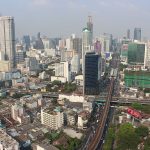






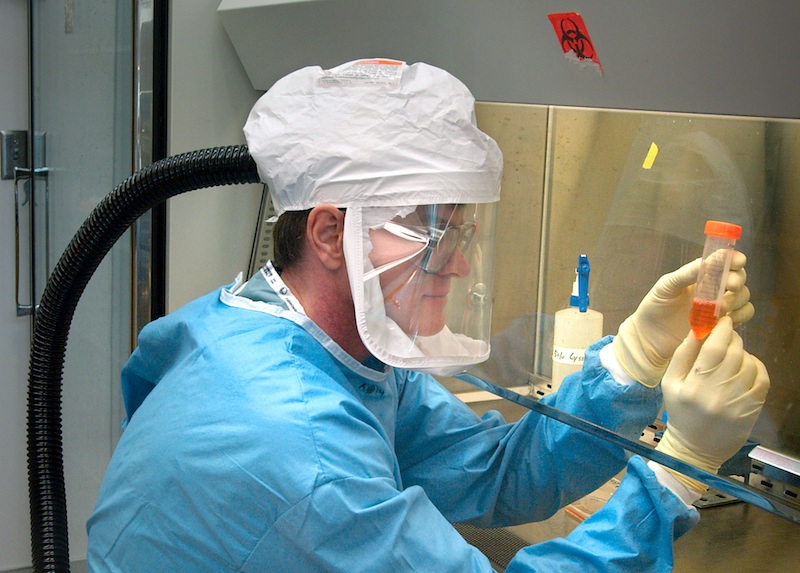
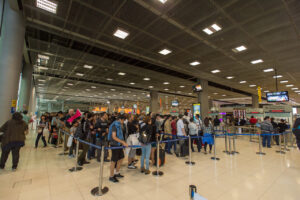


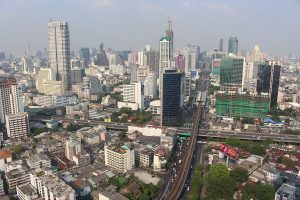
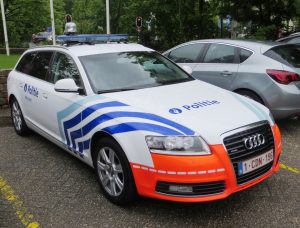

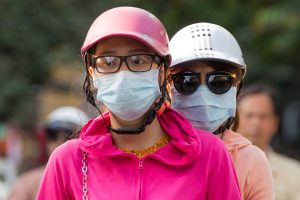



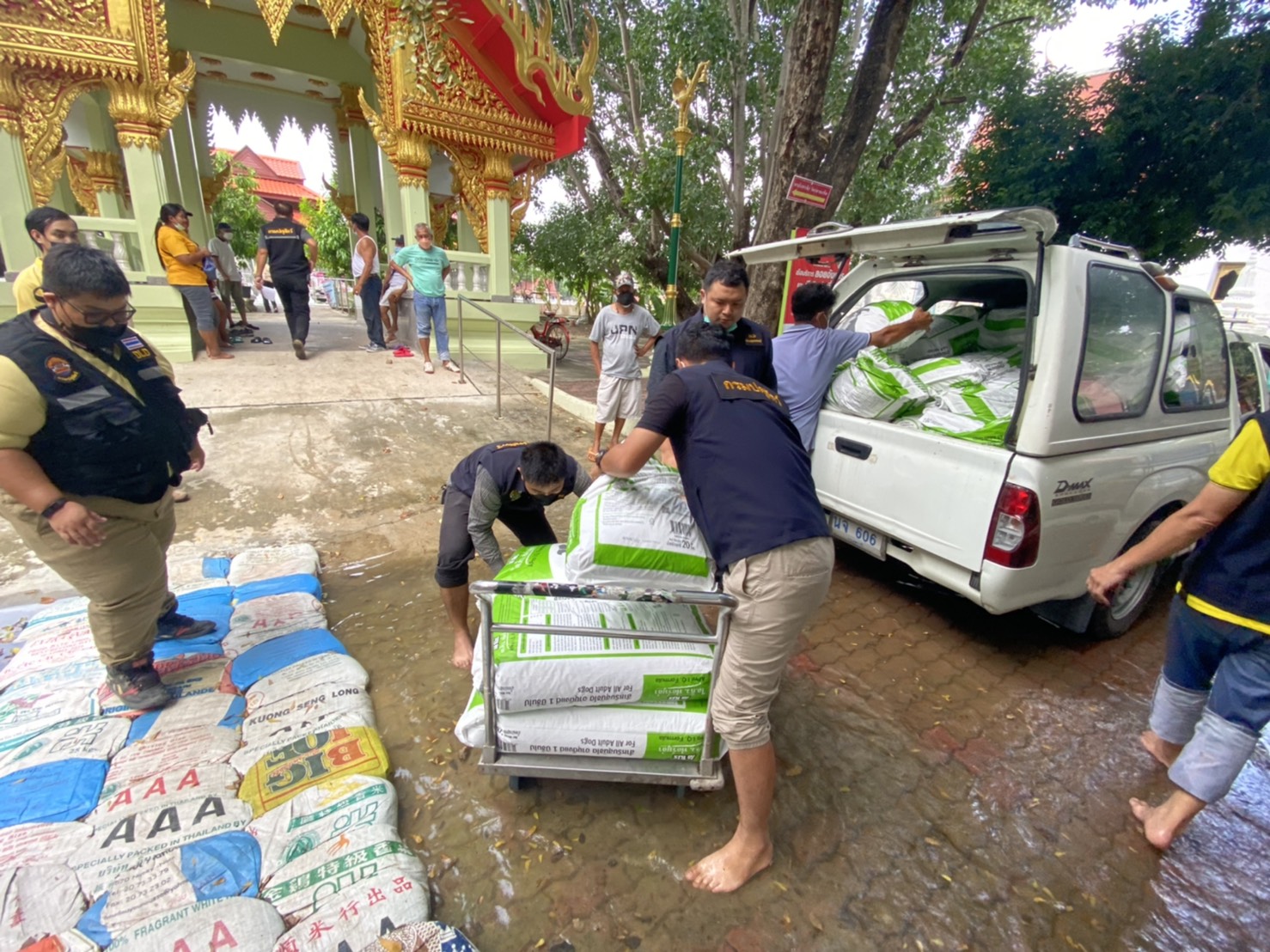




+ There are no comments
Add yours